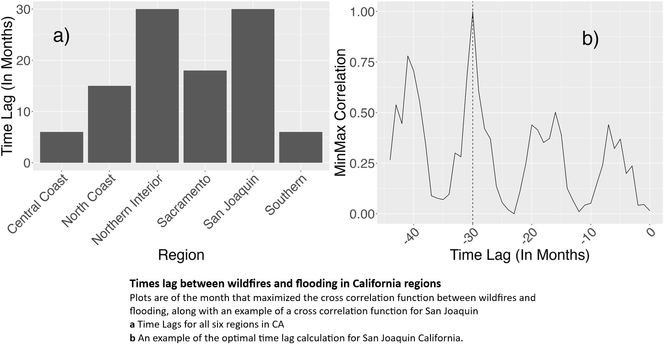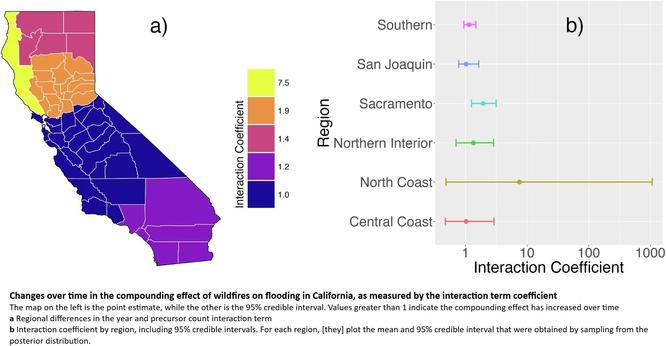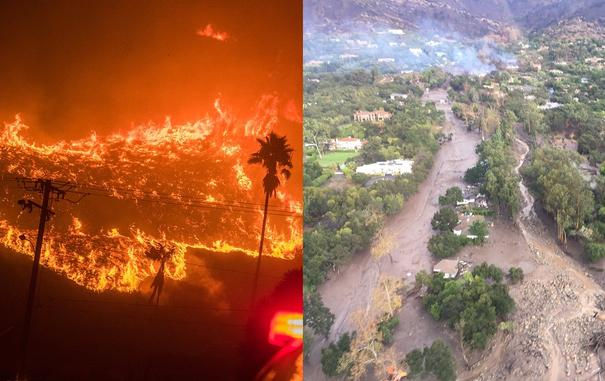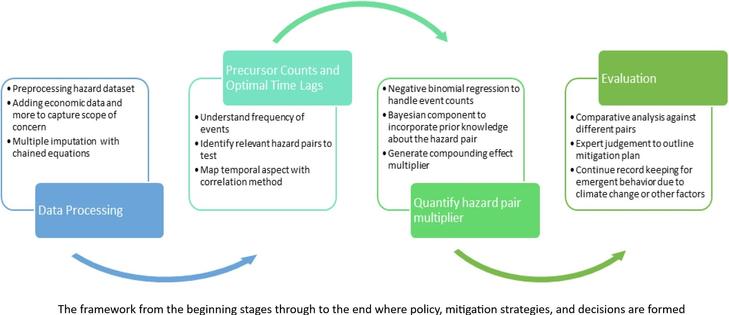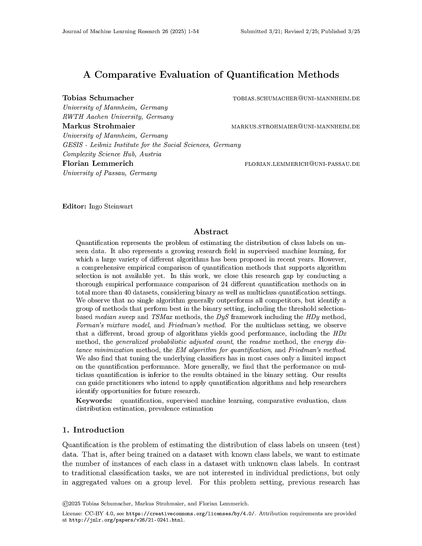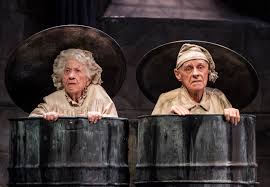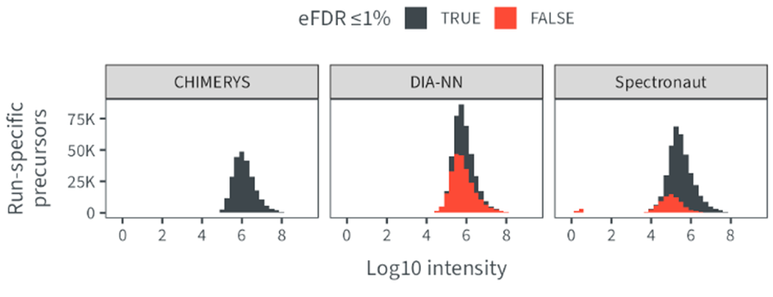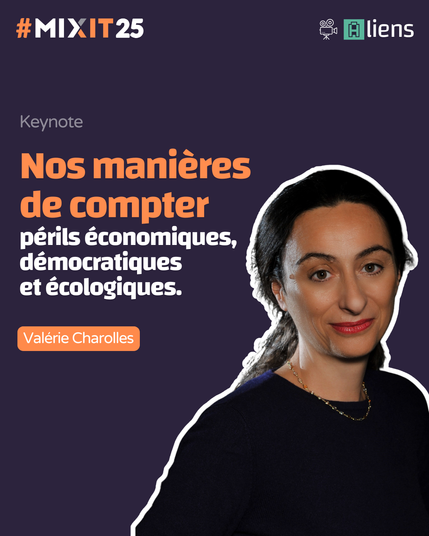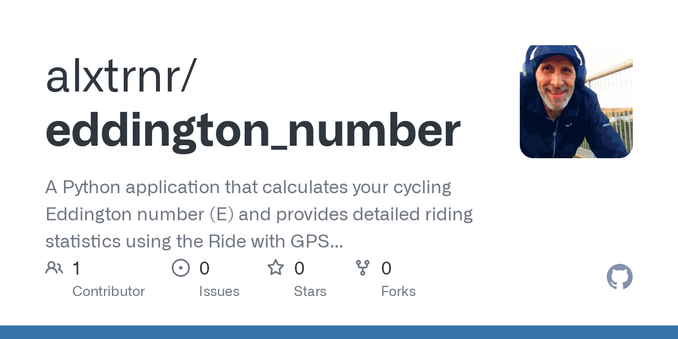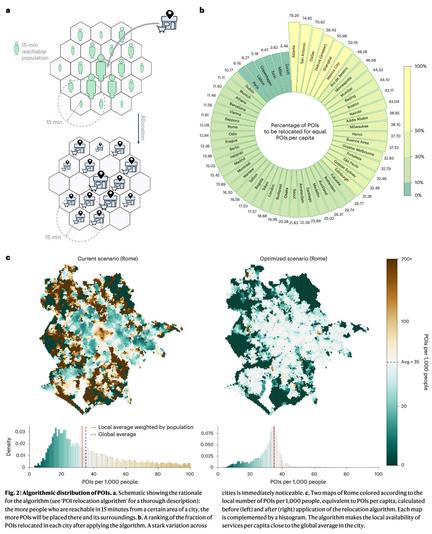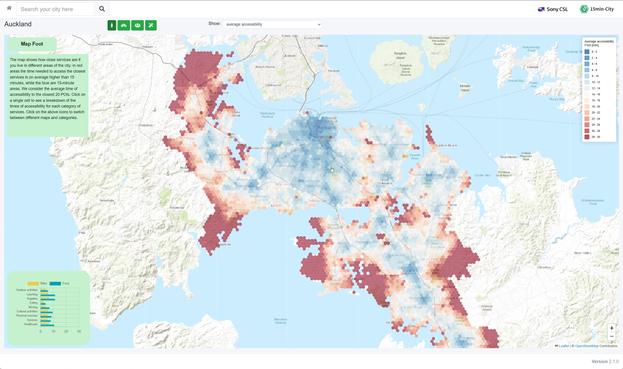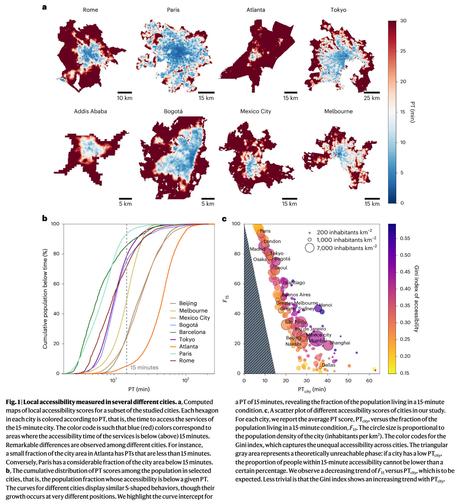Although there's lots of corporate bullshit in what is written in the article linked below (namely, the stuff about self-driving cars), some insights do really standout.
"For leaders steering their organizations through this turbulent transition, what lies beyond the spreadsheet? It’s everything that won’t fit in a cell: the skills that refuse to be tallied, the open-ended problems with no reliable precedent, the intangibles—trust, taste, and the subtle dimensions of quality and experience—and the conviction to press ahead even when every metric says “wait.” Manage only what you can measure, and you surrender the most valuable ground to rivals who cultivate what can’t be counted. Amar Bose, the sound and electrical engineer who founded the Bose Corporation, proved the point: while others worshipped spec-sheet numbers, he zeroed in on how music sounded to people in real rooms—a quality no existing metric could catch—and in doing so, he rewrote the rules of the audio industry.
Directionally, the prescription is simple. Back wildcard bets with fuzzy ROI, reward teams that reframe problems and lean into the unknown, and rotate talent through roles that confront uncertainty across R&D, new markets, and complex customer, partner, and policy interactions. Carve out slack time and engineer cross-team collisions to spark serendipity and idea recombination. Treat those pockets of planned ambiguity not as liabilities, but as strategic assets."
https://hbr.org/2025/06/what-gets-measured-ai-will-automate
#AI #GenerativeAI #Automation #Quantification #BusinessStrategy

What Gets Measured, AI Will Automate
In the age of AI, what gets measured gets automated. As models grow more powerful, any task that can be turned into data—from spreadsheet analysis to therapy sessions—is increasingly within reach of automation. The underlying playbook is clear: define the task, feed it data, attach rewards, and apply compute. As AI slashes the cost of measurement, even minor activities become economically viable to automate, expanding the reach of AI into nearly every industry. What remains defensible are tasks defined by ambiguity, creativity, or uncertainty—places where outcomes can’t be easily quantified or where human judgment still prevails. For leaders, the challenge is to manage both the measurable and the unmeasurable, investing not just in automation, but in the intangibles—taste, trust, vision, and adaptability—that AI can’t yet replicate.
